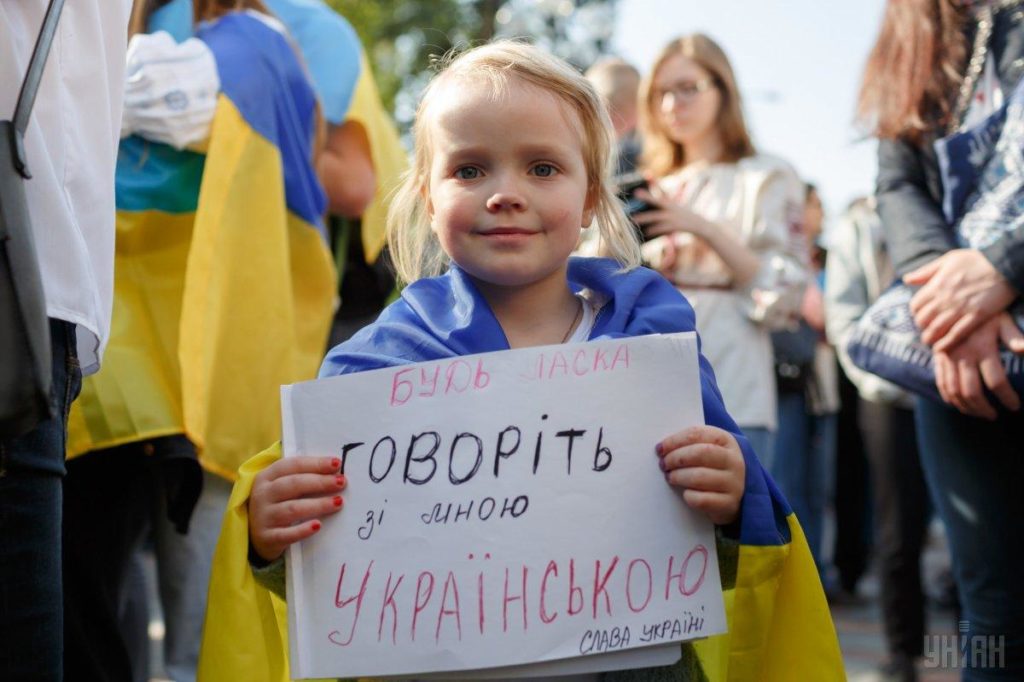After russia invaded Ukraine, over 1.3m people in Duolingo alone began studying Ukrainian
 Read in Google News!
Read in Google News! 
After the russian full-scale war in Ukraine, which began in February, over 1.3 million people around the world began studying Ukrainian. Interest in learning Ukrainian soared in the weeks after the war began, peaking in late March and remaining steady for the rest of 2022, duolingo.com reported.
Germans’ commitment to supporting Ukrainians catapulted Ukrainian from the 36th most popular language to study in Germany in 2021 [of the 40 languages available on Duolingo in 2021] to the 15th most popular language in 2022. The growth of Ukrainian learners in the UK was also notable: Ukrainian jumped an incredible 20 places in the ranking of most popular languages, from 37th in 2021 to 17th in 2022. Although geographically further from the war, US learners also turned to Ukrainian for a variety of personal and political reasons. In the US, Ukrainian rose from #36 in the language ranking in 2021 to #22 in 2022.
Countries with the largest growth in people studying Ukrainian in 2022
| 1. Ireland | 2229% |
| 2. Germany | 1651% |
| 3. Poland | 1615% |
| 4. Netherlands | 1590% |
| 5. Czechia | 1513% |
The war also spurred record numbers of Ukrainians to take the Duolingo English Test (DET) to certify their English proficiency to study internationally – Ukrainian test takers increased 4000% year-over-year. Many Ukrainian university students who were uprooted from their home were able to continue their studies abroad, including several students at the University of Maryland who benefited from the DET’s partnerships with the UNHCR and Ukraine Global Scholars to provide test fee waivers and incidental cost support for Ukrainian students.
For language learners, the war in Ukraine was unusual in that it was covered by the media in ways that included language, thus setting it apart from other political and humanitarian crises on learners’ minds. The reason that Ukrainian grew so dramatically is likely also related to learner perceptions about the language itself: Although Ukrainian uses the Cyrillic alphabet, learners may have noted its similarities with English and other European languages.

